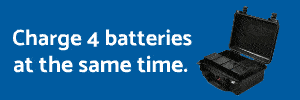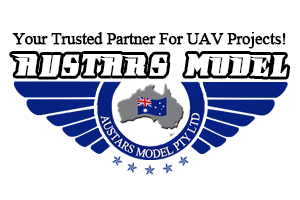- Joined
- Mar 11, 2017
- Messages
- 34
- Reaction score
- 5
- Age
- 57
Hi everyone
I'm down for PfCO training in May but a manager has asked I give him an idea of how this is going to impact on the OM we already have. As I don't have a full picture of all the requirements I wonder if it is possible to gain some answers to a few questions?
Two other staff members in a different region acquired their PFAWs a couple of years back with a NQE that no longer exists (you know the one!)
They obviously compiled an OM for this which I have a copy of. Am I correct in thinking that I must use this for my OM or do I compile my own new one as part of my training? I believe the OM relates to the business rather than the individual so it would seem sensible to have only one (but 'which one'?)! If this is indeed correct then is it simply a case of re-submitting this OM with new pilot and aircraft details plus any other changes we decide on through experience? Does it matter that I will do a PfCO whereas the others had PFAWs (or does theirs change to PfCOs when I put the 'new' OM in)?
Finally, does it matter that the first NQE can no longer review the OM annually (as 'required' in it) - is this a legit thing that your NQE has to do or is/was it another of the infamous £schemes£ they were known for?
Thank you
Bob
I'm down for PfCO training in May but a manager has asked I give him an idea of how this is going to impact on the OM we already have. As I don't have a full picture of all the requirements I wonder if it is possible to gain some answers to a few questions?
Two other staff members in a different region acquired their PFAWs a couple of years back with a NQE that no longer exists (you know the one!)
They obviously compiled an OM for this which I have a copy of. Am I correct in thinking that I must use this for my OM or do I compile my own new one as part of my training? I believe the OM relates to the business rather than the individual so it would seem sensible to have only one (but 'which one'?)! If this is indeed correct then is it simply a case of re-submitting this OM with new pilot and aircraft details plus any other changes we decide on through experience? Does it matter that I will do a PfCO whereas the others had PFAWs (or does theirs change to PfCOs when I put the 'new' OM in)?
Finally, does it matter that the first NQE can no longer review the OM annually (as 'required' in it) - is this a legit thing that your NQE has to do or is/was it another of the infamous £schemes£ they were known for?
Thank you
Bob






